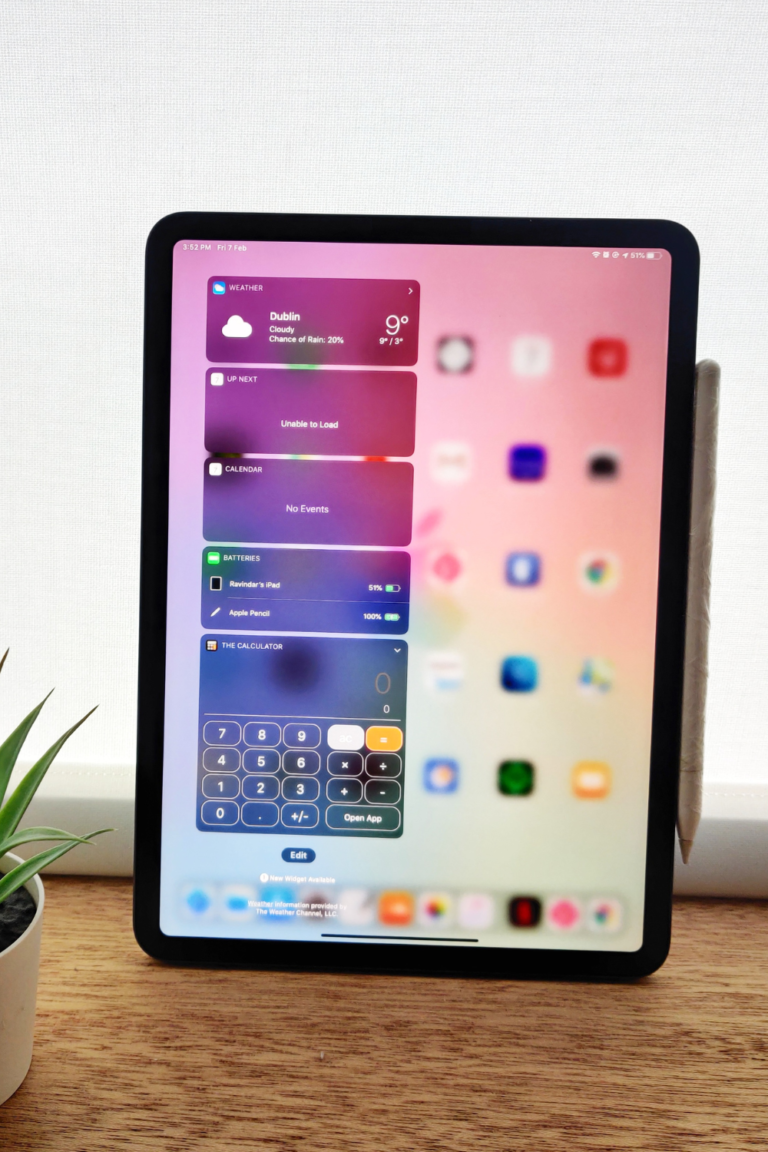Study Skills – The Best For Smarter Learning You Need Now
This post shows you the best study skills for effective studying to become a successful student who gets good grades.
This post may contain affiliate links, which means I’ll receive a commission if you purchase through my link, at no extra cost to you. Please read full disclosure here.
As an Amazon Affiliate I earn from qualifying purchases.

Have you ever felt like you should have been taught how to study?
In school, whether you’re taking high school or college courses do you ever feel like you’re …
- playing catch up
- completely lost and unprepared
- constantly “reinventing the wheel”
- wondering how other students seem to learn so effortlessly
… you’ve come to the right place.
Why Read This Post About Study Skills?
I want to teach you what you should have been taught — how to ACTUALLY study, and developed study skills.
I’m going to give you practical advice and teach you how to actually implement it.
These tips are highly transferable, meaning you can use these study skills for all types of classes and throughout your life.
Let’s begin!
Essential Study Skills
Before just jumping into the list below — and just assume something like…
“Oh, I’ll just be better at time management.”
How we all wish it were that simple.
Most people can’t just “become better at X”, they need to learn HOW to implement them.
How many times have you been told that as a student you need to just BE better? How silly is that advice?
I will give you the actually helpful and practical advice for study skills and effective study methods to help you put in the actual hard work of learning how to study.
Want some super comforting news?
Whatever negative attributes you’ve ascribed to about yourself as a student…
- ”I’m terrible at math
- “I suck at writing”
- “I can never remember anything about geography”
- “I never understand anything in biology”
… is probably not really true.
Chances are, you’ve simply never been taught how to do this task — write, study, read, whatever … correctly.
You don’t have to be a stoic in order to cultivate these skills, and sit in great discomfort every day in the name of “real studying”.
You know the phrase, work smarter, not harder? This is what we are going to utilize when we have great property study tips.
So what are some essential skills for studying?
This is not an exhaustive list, but these are some key study skills / best practice(s) if you will.
Essential Study Skills/Habits List
- Time Management
- Writing
- Discipline
- Memorization
- Stress Management
- Growth Mindset
- Critical Thinking
Time Management Skills

This one seems obvious, but utilizing time management skills is paramount in school because you(‘re)…
- juggling multiple classes
- going to get overwhelmed if you don’t pace out your studying times
- going to get distracted and really need to stay on task
- need to keep track of deadlines and due dates, etc.
As with everything time management skills are something not that happens automatically, but rather is practiced, and with enough time is created into a habit… a habitual practice
Time management is something that, before it is a habitual practice needs to be planned.
The first step you need to take for the creation of time management skills is to start writing things down.
Now don’t roll your eyes here, It seems simple but it is typically the simple practice of habits that is the most effective.
How To Cultivate Time Management Study Skills
You have to decide what method you are going to use – either digital or physical and set yourself up for success.
Start by filling in a calendar with what you know.
This can be anything from important dates, important deadlines, class times, office hours, etc.
This means putting it in plain sight checking it and utilizing it every single day.
It means setting alarms and timers to fill it with tasks, to-dos, dates, reminders, etc.
You then need to decide how much time you can commit to your studies every single week. It can be one-hour sessions every three days, it can be 30 minutes a day, and it can be any amount you decide will be (a) necessary and (b) what you can actually commit to.
It might take some trial and error, but the point is to develop systems, a study cycle, etc. and general study time set aside from your classes, either in-person or online classes for focused study time.
Quickly crashing coursing information isn’t the best way to learn and study, and can actually be counterproductive.
You should plan for both independent study sessions and study groups.
Once you determine what is working for you and are starting to become consistent with your time management skills you are in a good place to make tweaks and changes and start experimenting with different strategies for time management to become even more efficient.
The best thing you can do for yourself however is to start small and simple.
Writing Skills
Writing skills are extremely important with any career in the future and super helpful for active studying.
You don’t need to be Tolstoy to get an “A”. You don’t need to sit down for hours every single day non-stop studying. That can burn you out really quickly.
You just need to effectively learn the basics — and practice them consistently.
To cultivate writing skills good students do a couple of things:
- Take feedback from grades, office hours advice, and professors seriously
- Consult their peers for feedback
- Visit places like a learning center and other campus resources for advice
- Experiment with writing in their own learning by watching videos or reading articles to help improve
Consider writing as a non-negotiable improvement you need to make, as it is relevant for your college career and your future career.
If you’re considering improving your note-taking skills I recommend these other posts I have written for note-taking!
Discipline Study Skills
Discipline is a critical study skill because when you lack discipline, you’re actually working harder.
When you stick to a study schedule college classes will feel a lot easier, practice exams will feel smoother, and your grades will improve.
Why?
Because you’re consistently revisiting things, you’re pacing yourself rather than rushing, and the more disciplined you are the less thinking and randomly planning you have to do.
Here’s the thing, successful students don’t look at studying as “optional” or a “when I feel like it” or “if I have time”.
Yes, I am calling you out.
Having study schedules is super critical for:
- studying on-task
- staying organized
- it helps with long-term retention rather than short-term memorization (and inevitable forgetfulness).
Being disciplined is as simple, and complex as choosing a plan and then sticking to it.
It’s also about setting up systems for success, meaning putting yourself in positive situations and avoiding negative ones. This means putting things on your calendar that are positive and pacing out things that are negative (as opposed to completely avoiding things we enjoy because that might backfire).
You don’t need to consistently make a new elaborate plan every day — you simply need to decide what your times are for studying and be unyielding with your times.
Treat your study times as mandatory — as if without question.
Memorization Strategies
While memorization is only half of the learning (and retaining) equation, it is critical in learning and studying for exams.
Learning how to memorize facts, places, ideas, etc. takes a great amount of time, but there are many tips and tricks to help you in your next study session.
Frankly, they will make memorization strategies and the retrieval practice you were using and what you will be doing feel like night and day.
Let’s face it… last-minute cramming isn’t working for you.
Memorization strategies aren’t just for a particular class either. They are critical for memorizing lots of information in life. Whether you’re overwhelmed by too much information in an emergency or just for practice tests memorization strategies are critical.
Here are some useful memorization strategies:
- Rhyming
- Mnemonic Devices
- Patterns
- Color coding
- Recall clues
Here is a helpful video showing some useful memorization strategies to try out!
Stress Management
We all get stressed. It’s easy to get test anxiety. We all get overwhelmed.
It can be so easy to fall into bad habits when things start to become overwhelming and stressful. We start to avoid the things we need to do, we stop taking our work seriously, and it prevents us from improving, changing, and growing.
That’s why it’s really important to cultivate relaxation techniques that work for you so the big tests don’t feel so nauseating.
Here are some ideas for relaxation techniques for stress management:
- Breathe work
- Meditation work
- Short breaks
- Reset
- Organization
Growth Mindset Study Skills

A growth mindset is a transferable skill that everyone should cultivate.
Grow mindset is absolutely critical for being open to new information and new ideas, which is exactly what students, especially college students are constantly exposed to.
A growth mindset is very helpful in studying and learning in school because it will help you to improve – not only as a student but as an individual. When you are open to growth and improvement, especially in your studies, you can learn from your mistakes and make changes to better yourself through positive habit change.
You need to be able to utilize critical thinking skills to analyze new information and truly understand it in order to learn effectively.
The best ways to cultivate a growth mindset are:
- Exposing yourself to new information
- Being so disciplined that you trust yourself to make good choices
- Being open to change
- Exposing yourself to new perspectives and ideas
Here is a helpful video to help you cultivate a growth mindset:
I hope this article was helpful to you in not only learning what the different study skills are, but how to actually learn how to cultivate them effectively, because chances are, you haven’t actually learned the steps to properly instate them.












